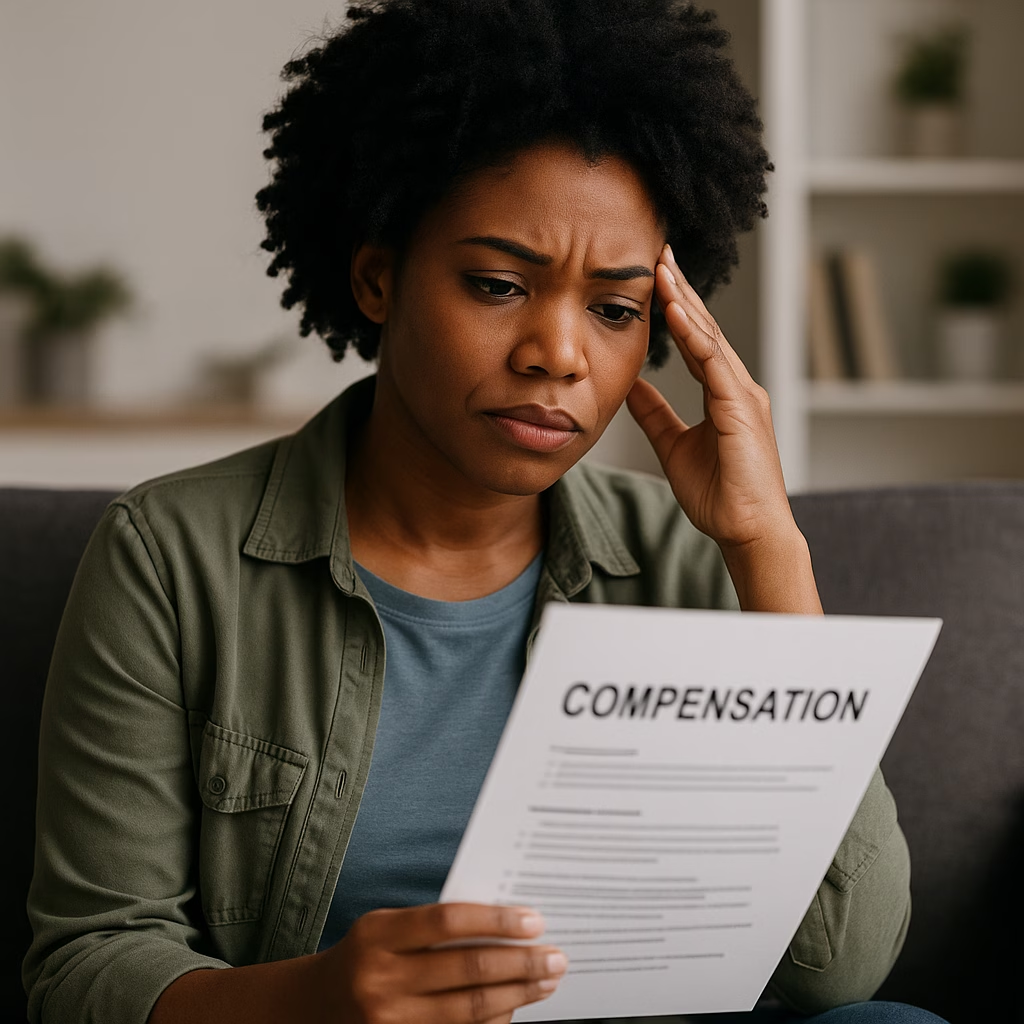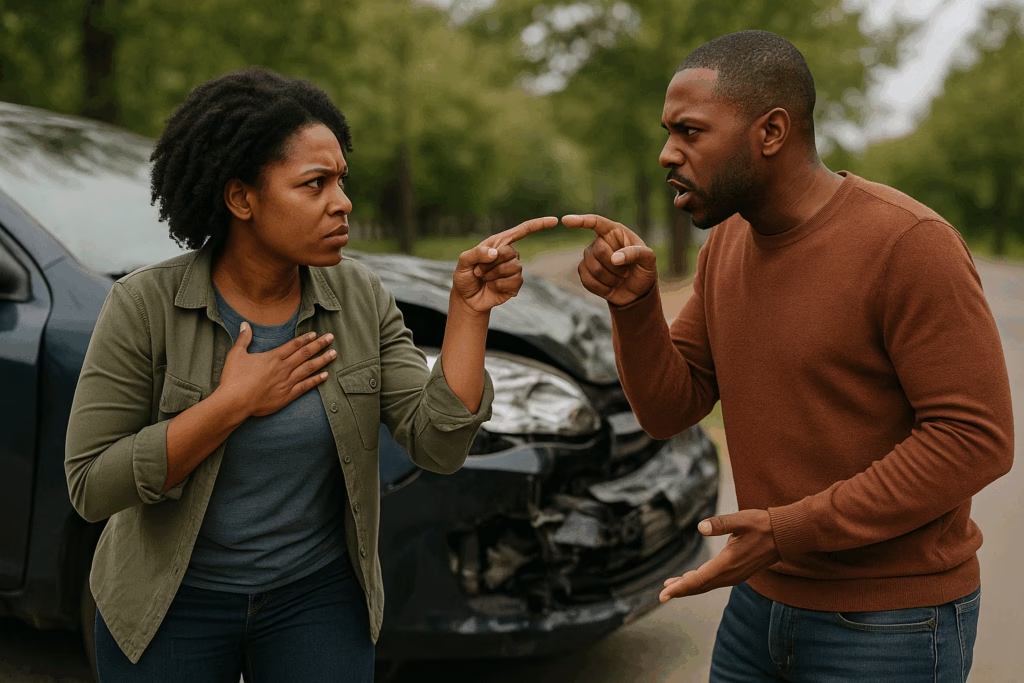Home » Injured as a Passenger in a Car Accident: Who Pays?

As a passenger, you generally have the right to file a claim against the at-fault driver’s insurance. Depending on the accident, that could be:
The driver of the car you were riding in – If your driver caused the crash, their liability insurance usually pays for passenger injuries.
Another driver – If another vehicle hit your car, that driver’s insurance is typically responsible.
Both drivers – In shared-fault crashes, you may need to pursue claims against multiple insurers.
Your own policy – If you carry MedPay, Personal Injury Protection (PIP), or UM/UIM coverage, your own insurance may also apply.
If the person driving the car you were in caused the accident, their liability insurance should cover your injuries. Even if they’re a friend or family member, the claim is made against insurance, not them personally.
If another driver caused the crash, their liability coverage should compensate you. In multi-vehicle accidents, things get more complex, especially if fault is shared.
If both drivers contributed to the accident, you may be able to file claims against both policies. This can help cover serious injuries that exceed one policy’s limits.
If the at-fault driver doesn’t have enough coverage (or none at all), you may rely on:
Your own UM/UIM policy
Your driver’s UM/UIM coverage
Other potential defendants (e.g., employers, bars that overserved a drunk driver)
Passengers may be entitled to both economic and non-economic damages, including:
Medical expenses (hospital bills, surgery, therapy, medication)
Lost wages and reduced future earning capacity
Pain and suffering
Emotional distress and trauma
Permanent disability or disfigurement
Wrongful death damages for families of passengers killed in crashes

While rare, there are situations where an insurer may argue that a passenger was partly responsible for their own injuries—for example:
Not wearing a seatbelt
Distracting the driver
Encouraging reckless driving
Even then, under comparative negligence laws, you may still recover damages, though they could be reduced by your percentage of fault.

Insurance companies often play the “blame game,” pointing fingers at each other to avoid paying claims. Without legal representation, passengers risk:
Delays in covering medical bills
Low settlement offers that don’t account for long-term care
Missed opportunities to recover from multiple insurance policies
At Crash Advocates, we:
Investigate liability and identify every possible source of compensation
Handle all negotiations with insurers
Pursue litigation if necessary
Fight for maximum recovery, not minimum payouts

Typically, the at-fault driver’s liability insurance covers passenger injuries. In some cases, your own MedPay, PIP, or health insurance may also apply.
Yes. If more than one driver is responsible, you may file claims against both insurance companies to maximize your recovery.
You may still recover through your own uninsured/underinsured motorist coverage (UM/UIM) or through other liable parties, such as employers or establishments that overserved a drunk driver.
Not directly. Your claim is against their insurance company, not them personally. Most cases are resolved without impacting personal finances.
It’s rare, but insurers may argue partial fault if you weren’t wearing a seatbelt or distracted the driver. Even then, you may still recover damages under comparative negligence laws.